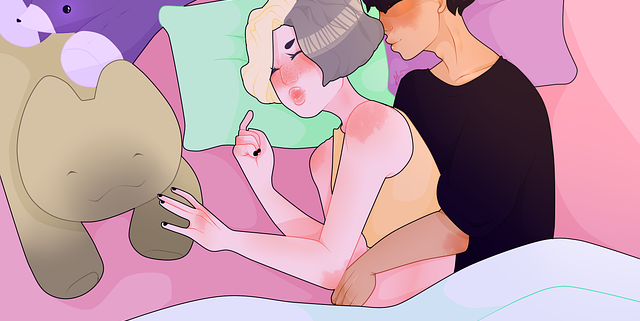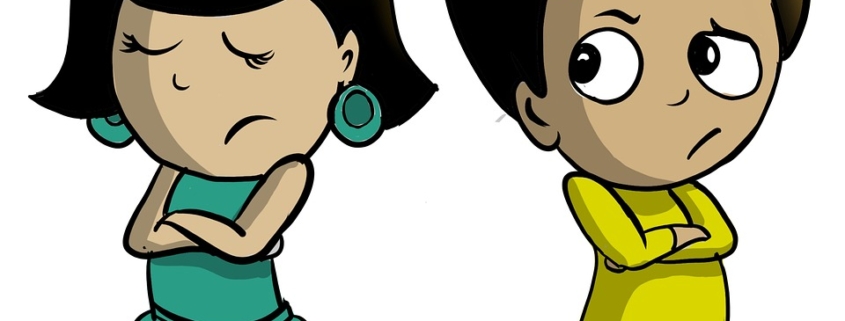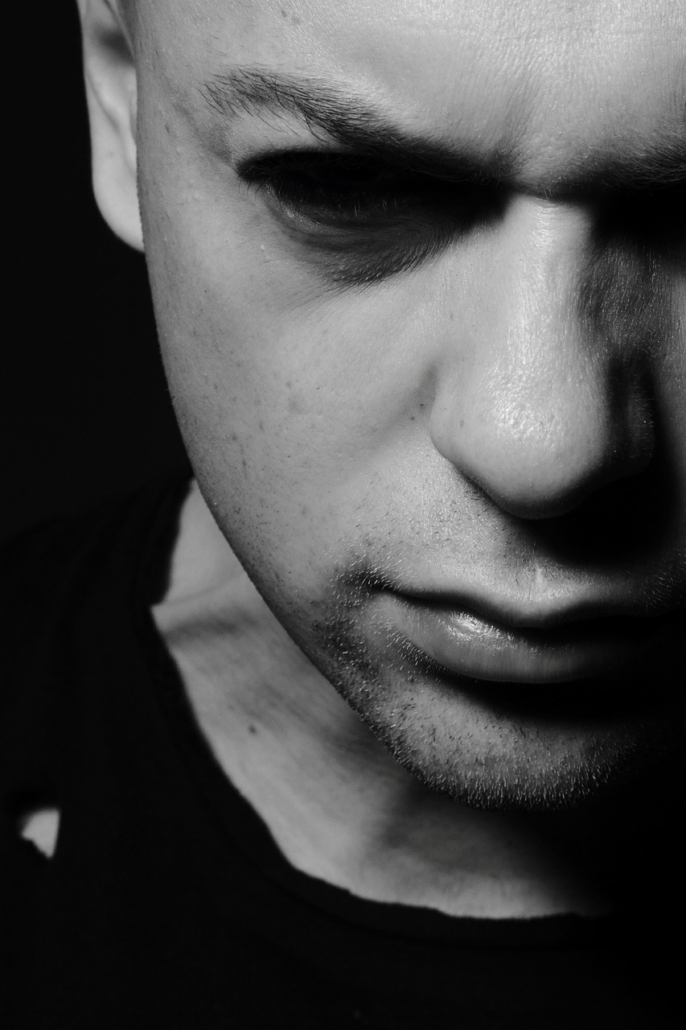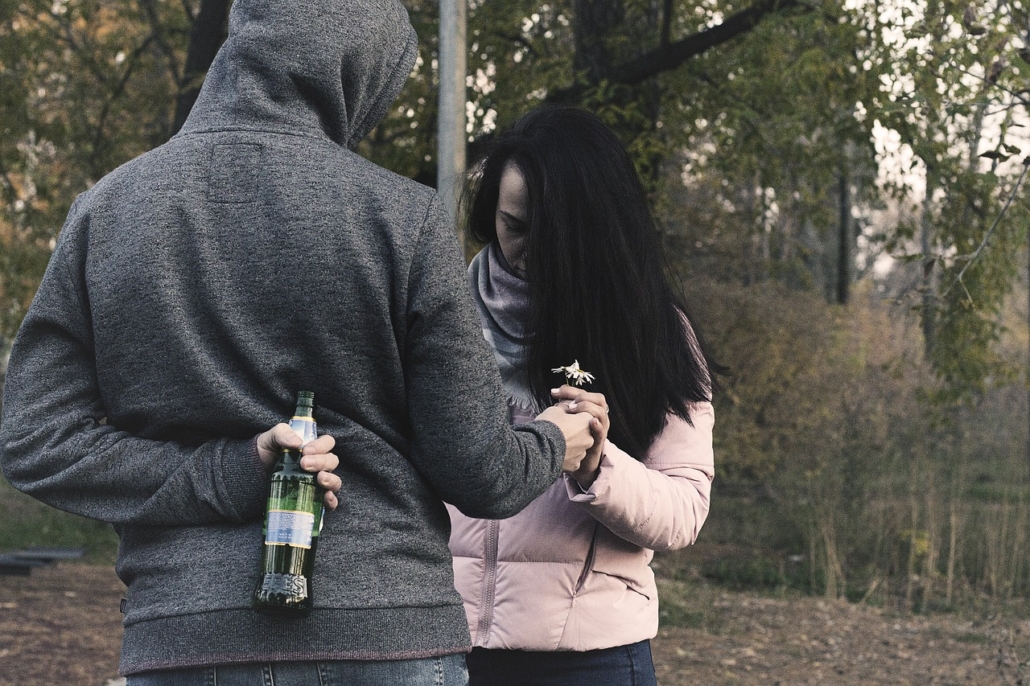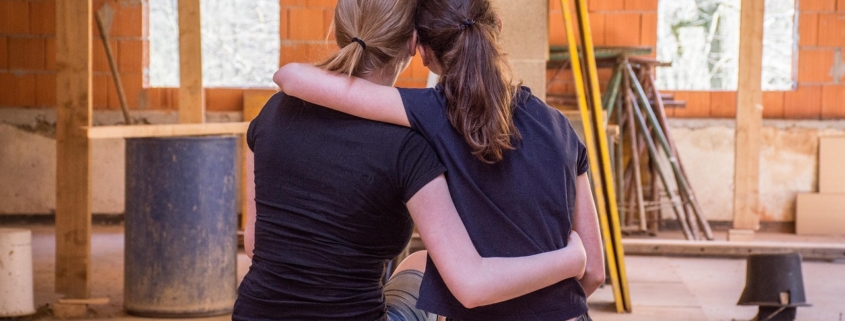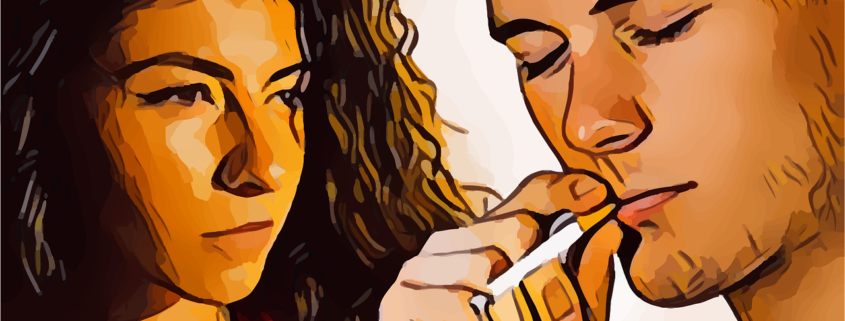Can MDMA Save A Relationship?
MDMA is an experimental drug that is being studied for its benefits for couples. This drug reduces irrational fear reactions and promotes empathy, communication, and intimacy. It is not yet approved for personal use and is illegal outside of clinical trials. However, couples who are taking part in these studies can legally obtain the drug. It should be noted that illegally obtained MDMA is usually adulterated with other harmful substances. Many therapists are now offering integrative therapy services to couples who have had MDMA experiences. These therapists can be found in directories like Psychable.
MDMA Reduces Irrational Fear Responses
A recent study revealed that MDMA used in Therapy for couples reduces the irrational fear responses of partners. According to Monson, the drug reduces the barriers to understanding each other, leading to increased emotional intimacy. MDMA has the potential to improve the quality of life for couples who suffer from PTSD. It can even be used as a ‘love drug’ to help couples overcome past traumatic memories.
Initially, MDMA was used by psychotherapists to treat couples experiencing a variety of difficulties in their relationships. However, the drug did not completely solve their problems. Instead, they started regular meditation sessions and journal writing. They hoped to incorporate the new, sober mindset into their relationships. The couple also became more compassionate towards one another. Their newfound empathy helped them talk about having a baby. Eventually, they became pregnant.
Prior to its prohibition in the mid-1980s, therapists used MDMA in therapy sessions. However, once the drug was deemed a Schedule 1 controlled substance, the federal government made it illegal. Sadly, this resulted in the termination of much of the research on this substance. However, in recent years, MDMA has been made legal again, and researchers are reevaluating its use as a relationship therapy component.
MDMA is considered an empathogen, a drug that increases feelings of empathy and compassion. In addition, it increases self-awareness. It also increases levels of neurotransmitters in the brain, promoting feelings of trust and openness. In addition to reducing irrational fear responses, MDMA is also used to help couples heal from past traumatic experiences.
Several studies have shown that MDMA can improve the relationship between partners. Among other benefits, MDMA helps to increase compassion, openness, and communication. It is also useful for couples suffering from PTSD because it can help stabilize the patient’s emotional state.
Couples reported making purposeful decisions about MDMA use, collaborating together on becoming physically and emotionally “set” for their drug experience. Couples described positive effects on communication, intimate bonding, and providing a relationship “tune up,” among other durable changes to the relationship. According to an article from the National Library of Medicine.
MDMA Facilitates Empathy
MDMA is a drug that can be used in couples therapy. It helps couples form more empathy because it reduces emotional barriers and promotes communication. The increased feelings of empathy can help couples grow closer and realize that actionable changes can improve their relationship. MDMA has been used for this purpose in couples therapy for over a decade.
The drug’s effect on couples therapy depends on the therapist’s approach, the therapeutic context, and the mindset of the participants. It promotes empathy and emotional engagement, as well as decreased anxiety and pain. It also promotes therapeutic rapport and secure attachment. It may also help participants express their emotions more freely.
MDMA can also increase levels of oxytocin, which is known as the ‘love hormone’. Oxytocin helps to promote social bonding and regulate anxiety. However, oxytocin does not easily cross the blood-brain barrier. Therefore, the drug’s ability to induce oxytocin release may be one of the explanations for its effects on PTSD. A study by Nardou et al. found that MDMA can increase the levels of oxytocin in the brain, which may contribute to its anti-PTSD effects.
During the trance state, people feel compassion and empathy for themselves. This empathy allows people to deal with inner and outer issues without emotional distortion. This means that these people have more insight and understanding. This allows them to make changes in their relationships. They may also be more attentive to their own emotions and feelings.
Studies in couples therapy suggest that MDMA is helpful in treating PTSD. It can also help couples manage their anger and improve their relationship skills. The drug may even help people cope with the stressors of everyday life.
MDMA Facilitates Intimacy
MDMA is often used as a therapeutic adjunct in couples therapy to help couples open up and discuss their feelings more freely. The drug has been proven to reduce inhibitions and increase feelings of empathy and closeness. MDMA also reduces the activity of the amygdala, a part of the brain that regulates fear and anger. Some therapists have even found that MDMA can help with PTSD.
The New York Times published an article examining the use of MDMA in couples therapy. The article featured a study where six couples underwent MDMA-assisted therapy. Of these six, at least one couple had PTSD, but they all reported that after using MDMA, their symptoms disappeared or decreased. In addition, five out of six participants reported feeling more satisfied with their relationship. The study’s lead author, Michelle Craver, believes that MDMA can be used to facilitate intimacy and connection in couples.
MDMA was first discovered in the 1970s. Its psychoactive effects include the stimulation of oxytocin, a neurotransmitter that facilitates emotional intimacy. Psychotherapists began using MDMA during couples therapy, but the drug was later banned in the USA. Although it is now illegal to use recreationally, it continued to be used in couples counseling despite the ban. In a global drug survey, MDMA was found to be one of the three most common drugs used in couples therapy.
The research demonstrates that MDMA-assisted couples therapy improves intimacy. It also has the potential to enhance relationship outcome measures, including relational support and conflict resolution. However, the results of this study are limited because the sample was too small. Further research is needed to determine whether MDMA-assisted couples therapy can be effective for other couples.
MDMA facilitates emotional healing
MDMA is a psychoactive substance that has been used for the treatment of many mental disorders. It has been used to facilitate healing through a therapeutic relationship between patients and therapists. MDMA is commonly used in therapy sessions for couples and is known to promote emotional healing and connection. The first documented use of MDMA occurred in 1980, when a California psychotherapist, Andrew, became interested in the effects of LSD and MDMA. By the mid-1980s, Andrew was collaborating with Gestalt therapists in Europe.
MDMA is often used in psychotherapy for people who have experienced trauma in their lives. Patients treated with MDMA reported increased emotional healing, enhanced relational support, and improved conflict resolution. However, the study was flawed by its limited sample size. Researchers would like to study MDMA’s therapeutic benefits in a larger and more diverse sample.
This study also reported the adverse effects of MDMA, which included an increase in blood pressure and heart rate. The study also found that the drug did not produce a significant decrease in the CAPS-5 score of participants. It is possible that MDMA may have negative effects on the emotional state, which may affect the results of the treatment.
The study also found that MDMA had a “window of tolerance” when it comes to PTSD. The drug allows participants to recall negative memories more easily and more compassionately. In addition, it helps them deal with PTSD-related shame. Furthermore, it may enhance the quality of therapeutic alliance between participants. This, in turn, may play a crucial role in the treatment’s outcome.
Studies in UK have found that MDMA increased both interpersonal and intrapsychic responses, promoting empathy and decreased defensiveness. Despite its dangerous side effects, MDMA can be a great way to facilitate couples’ therapy.

